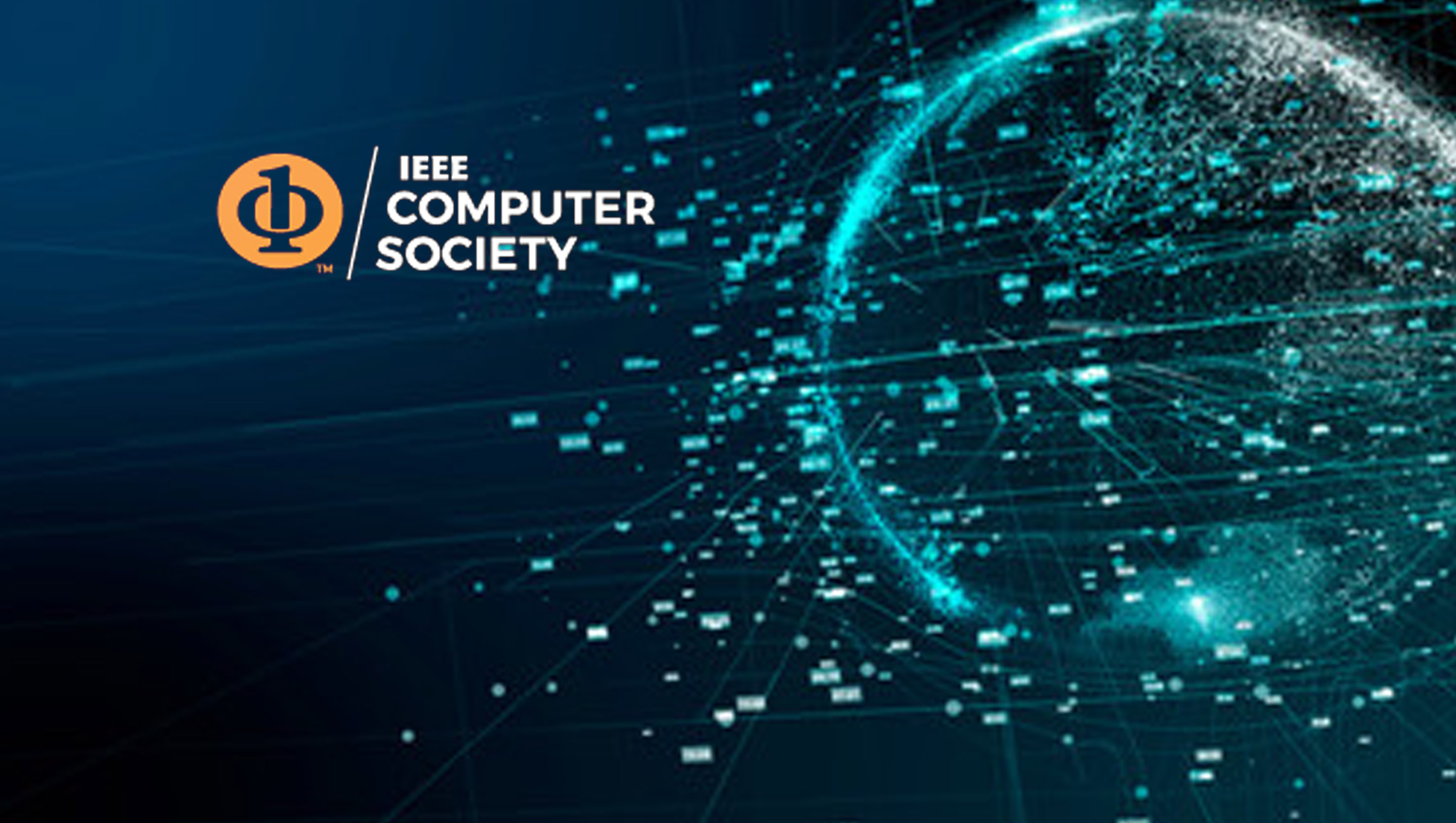
EarlyBirds operates a business to business (B2B) open ecosystem that provides a way for innovators (startups, scaleups and mature), early adopter organisations and subject matter experts (SMEs) to collaborate in speeding up technology advancement, wants to point out that organisations are able to seize opportunities and overcome challenges offered by 4th Industrial Revolution innovations. For businesses this represents the convergence of cloud computing, mobile devices, artificial intelligence, machine learning, internet of things, virtual and augmented reality and 3D printing into a wide array of new services, products and industries.
Marketing Technology News: Sensibill Named a Top Growing Company by The Globe and Mail for the Second Consecutive Year
 The billions of people all over the world linked to each other through their mobile devices, which when combined, have such a massive amount of unprecedented processing power, access to knowledge, and storage capacity, has created an environment ready for the emergence of significant technological breakthroughs. These breakthroughs would involve artificial intelligence, the Internet of Things (IOTs), robotics, nanotechnology, 3D printing, materials science, biotechnology, quantum computing, energy storage, and more. The result is that innovators, including engineers, designers and architects are combining materials engineering, additive manufacturing, computational design, and synthetic biology to create a symbiosis between the bodies of people, microorganisms, the products people consume and the buildings they inhabit.
The billions of people all over the world linked to each other through their mobile devices, which when combined, have such a massive amount of unprecedented processing power, access to knowledge, and storage capacity, has created an environment ready for the emergence of significant technological breakthroughs. These breakthroughs would involve artificial intelligence, the Internet of Things (IOTs), robotics, nanotechnology, 3D printing, materials science, biotechnology, quantum computing, energy storage, and more. The result is that innovators, including engineers, designers and architects are combining materials engineering, additive manufacturing, computational design, and synthetic biology to create a symbiosis between the bodies of people, microorganisms, the products people consume and the buildings they inhabit.
The resulting systems and technologies from the Fourth Industrial Revolution are hard to predict and envision but there are several things it can offer that would motivate businesses and people to pursue these technologies. For instance, these include higher productivity and improved customer experience. For example, smart homes that are connected to the Internet can anticipate the needs of families, automatically placing and receiving orders for food, clothes and other necessities. This drastically reduces the time that consumers need to interact with grocery stores, department stores and other businesses. In turn, people become more productive and they will likely be working from home, reducing the need for spending on infrastructures with the money better spent on other things. From the point of view of businesses, they can greatly enhance their forecasting of demand since the history of orders made can be examined to establish trends in consumption and automatic adjustments can be made to production capacities and the corresponding changes can also be made with the supply chain.
But just like any other paradigm shift, there are challenges to overcome in order to achieve the visions of the Fourth Industrial Revolution. There is a natural reluctance towards change. Organisations with limited vision or understanding of the vast potential offered by these innovations can result in businesses failing to adopt such technologies.
Marketing Technology News: MarTech Interview with Phil Gray, Chief Innovation Officer at Interactions LLC
There can also be a silo mentality, which is the unwillingness of people to share information with other divisions in the same organisation. This is usually the result of division managers competing with each other because sharing their information with the other managers may reduce their competitive edge. This is usually caused by a narrow vision where these competing managers don’t realize how sharing information would have provided them with better benefits. For instance, sharing information between competing departments on how a technological innovation, such as artificial intelligence or machine learning, can improve sales would not be possible with a silo mentality. This means the adoption of such innovations in these organisations will be very slow to the detriment of the company.
Meanwhile, the search for useful innovations can be accelerated by participating in the EarlyBirds platform. Perhaps, by being exposed to innovators and SMEs, those with a silo mentality may finally realize how these technologies can benefit the whole organisation and everyone.
The EarlyBirds open innovation ecosystem has two main components being a self-service approach using their world leading platform and functionality or using their assisted programs Challenger and Explorer. The Explorer program is designed to hasten innovation for the whole organisation and is delivered ‘as a service’. It has several key features, such as: a platform enterprise license; regular webinars to help stimulate innovation in the organisation; a nominated SME for the business; a focus on certain innovations; and quarterly and monthly innovation days. The Challenger program, which is for those who want to focus on the specific problems of the business one at a time.
People who would like to know more as to how the EarlyBirds can help organisations in achieving their desired 4th Industrial Revolution innovation strategies and plans can visit the EarlyBirds website at earlybirds.io or contact them to disucss your ideas.











